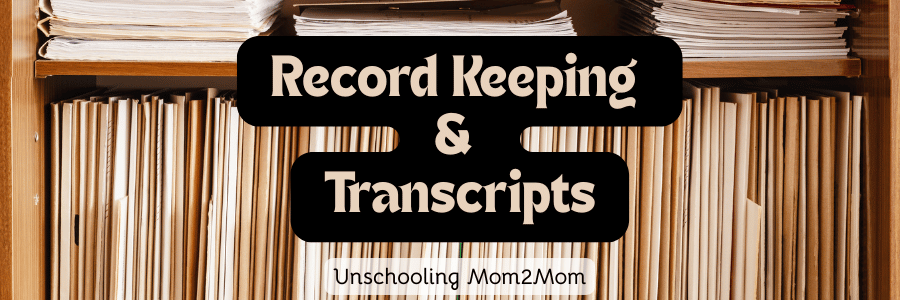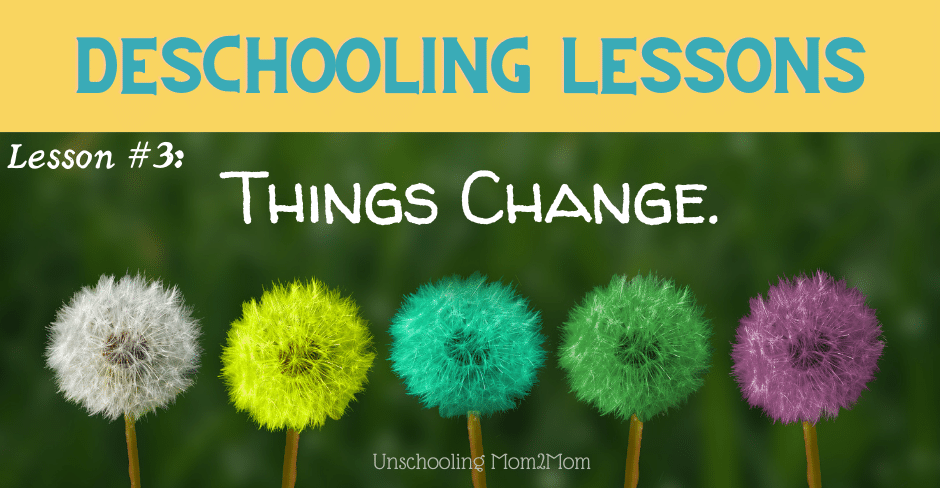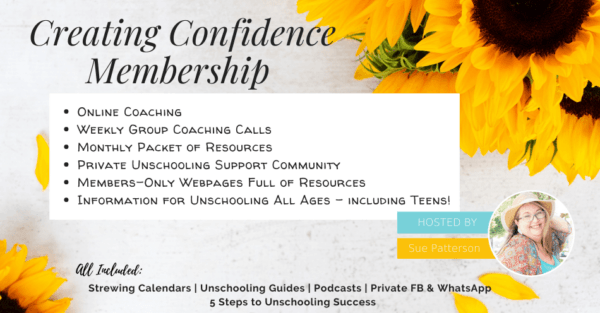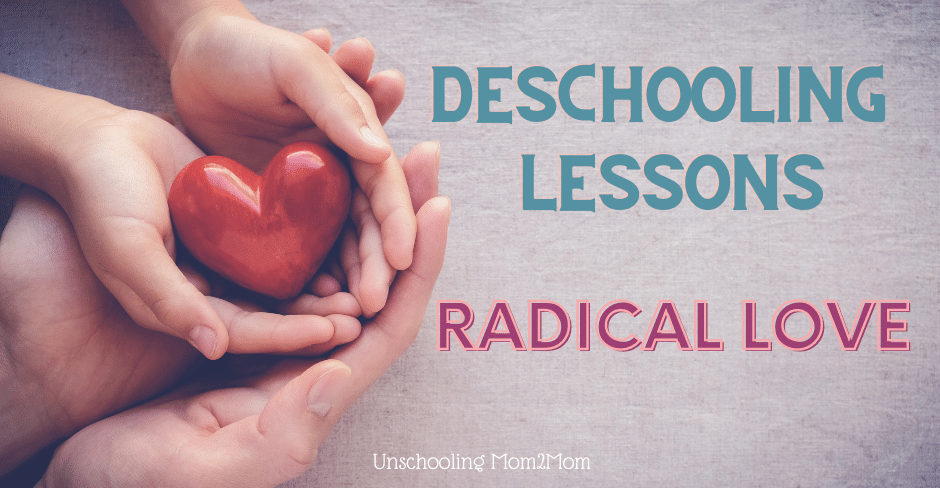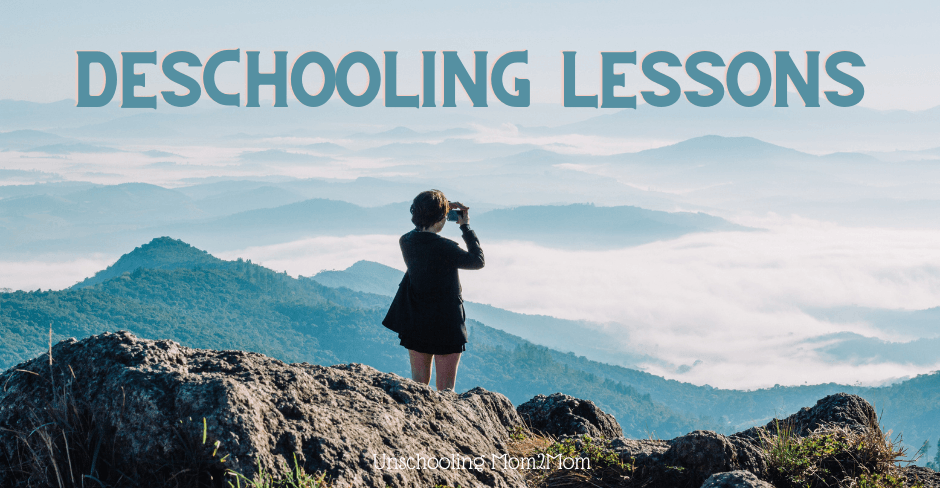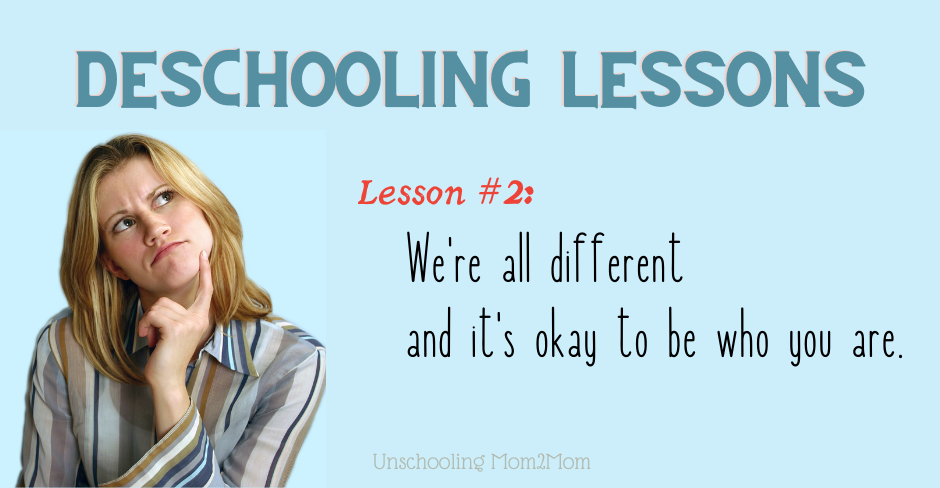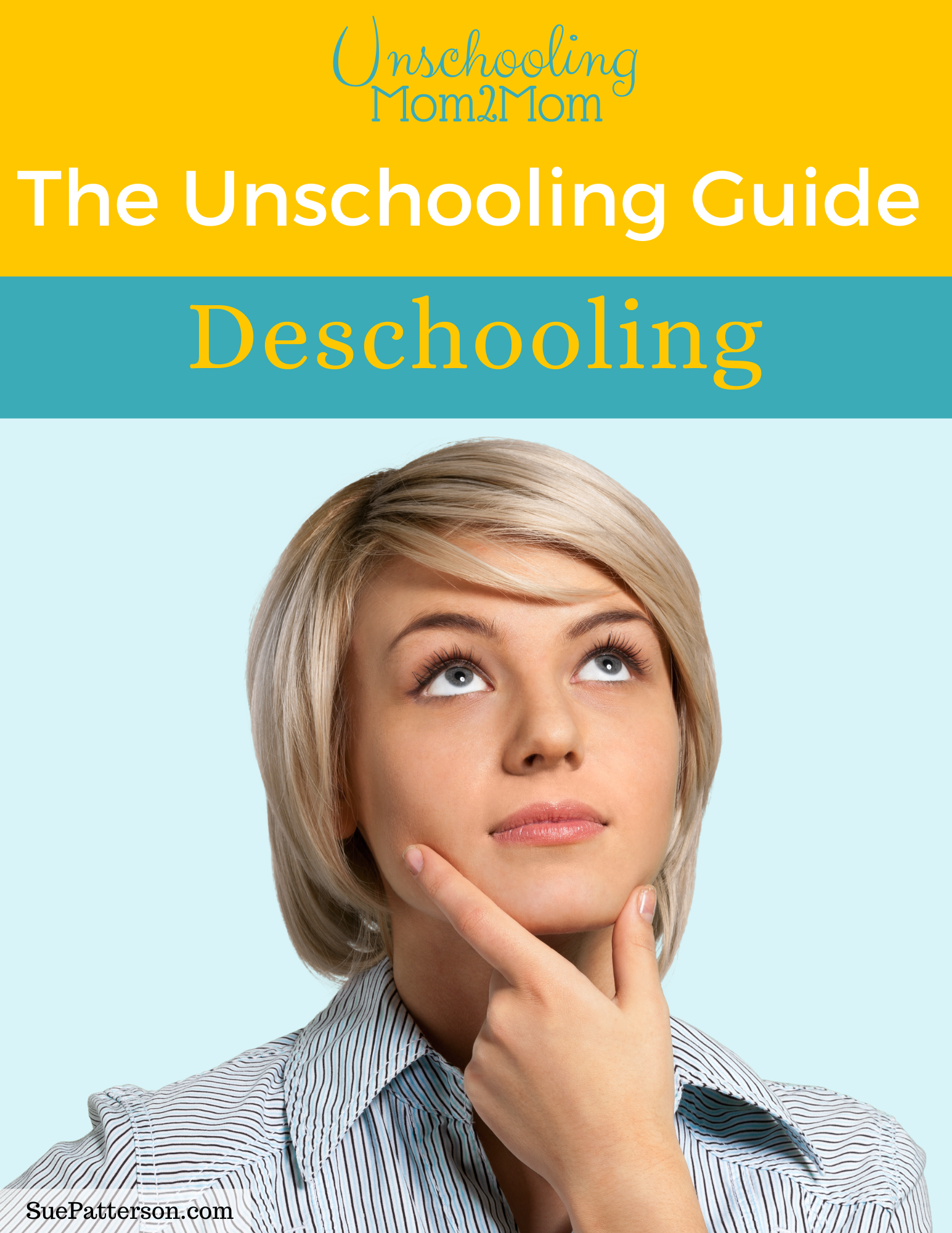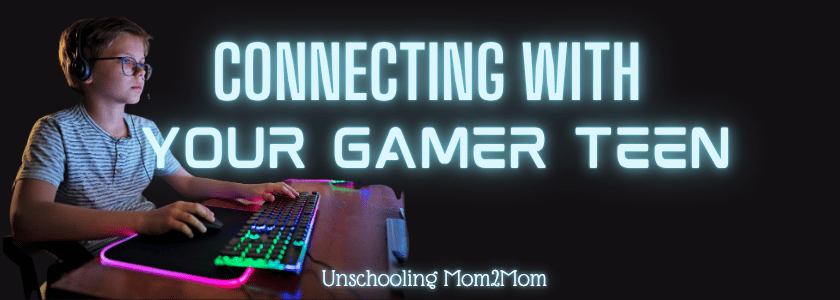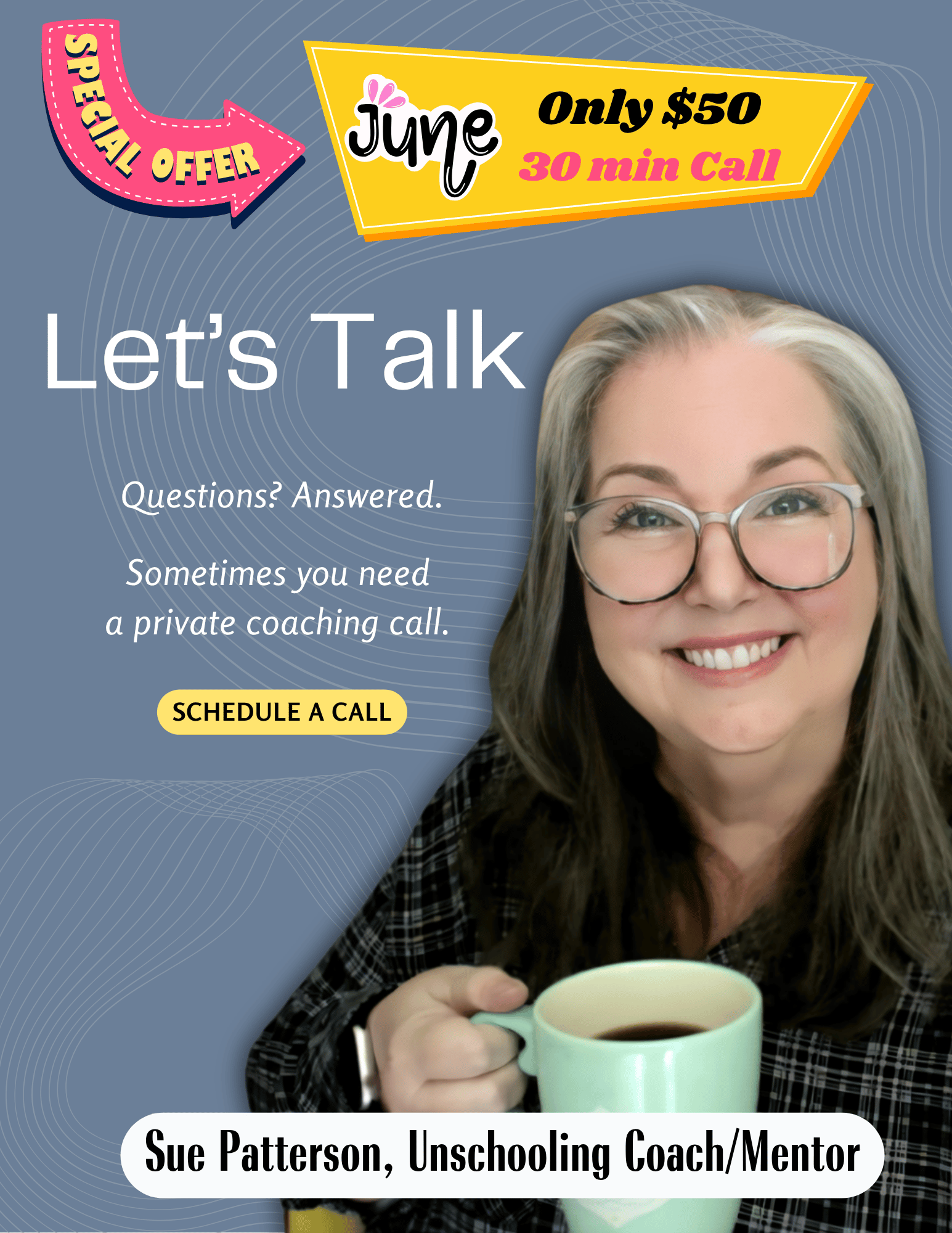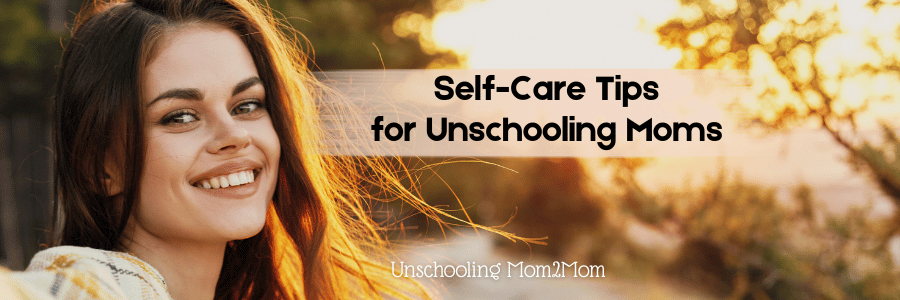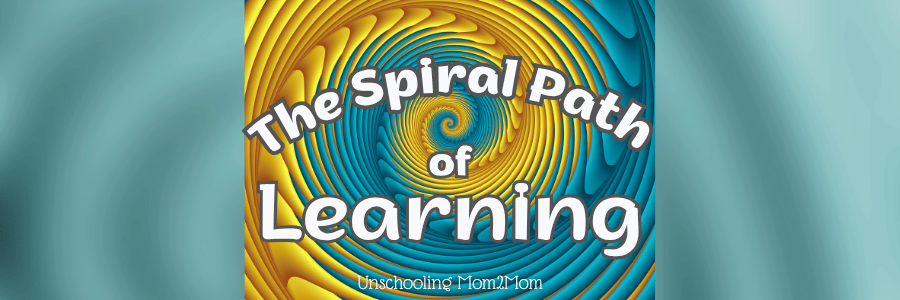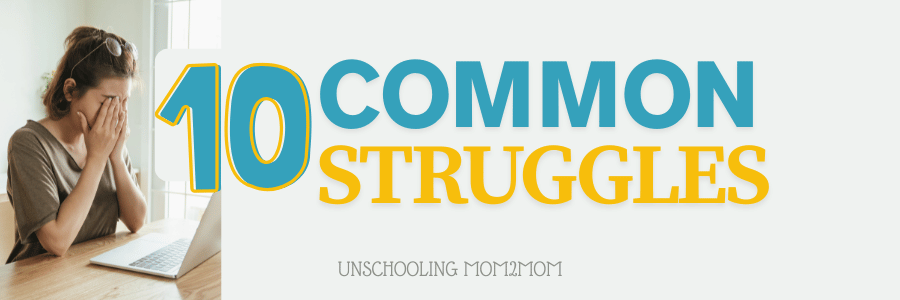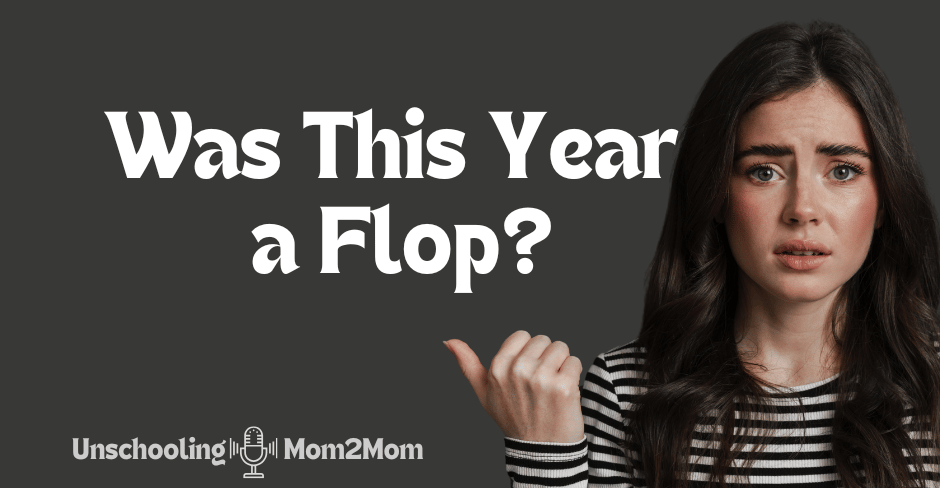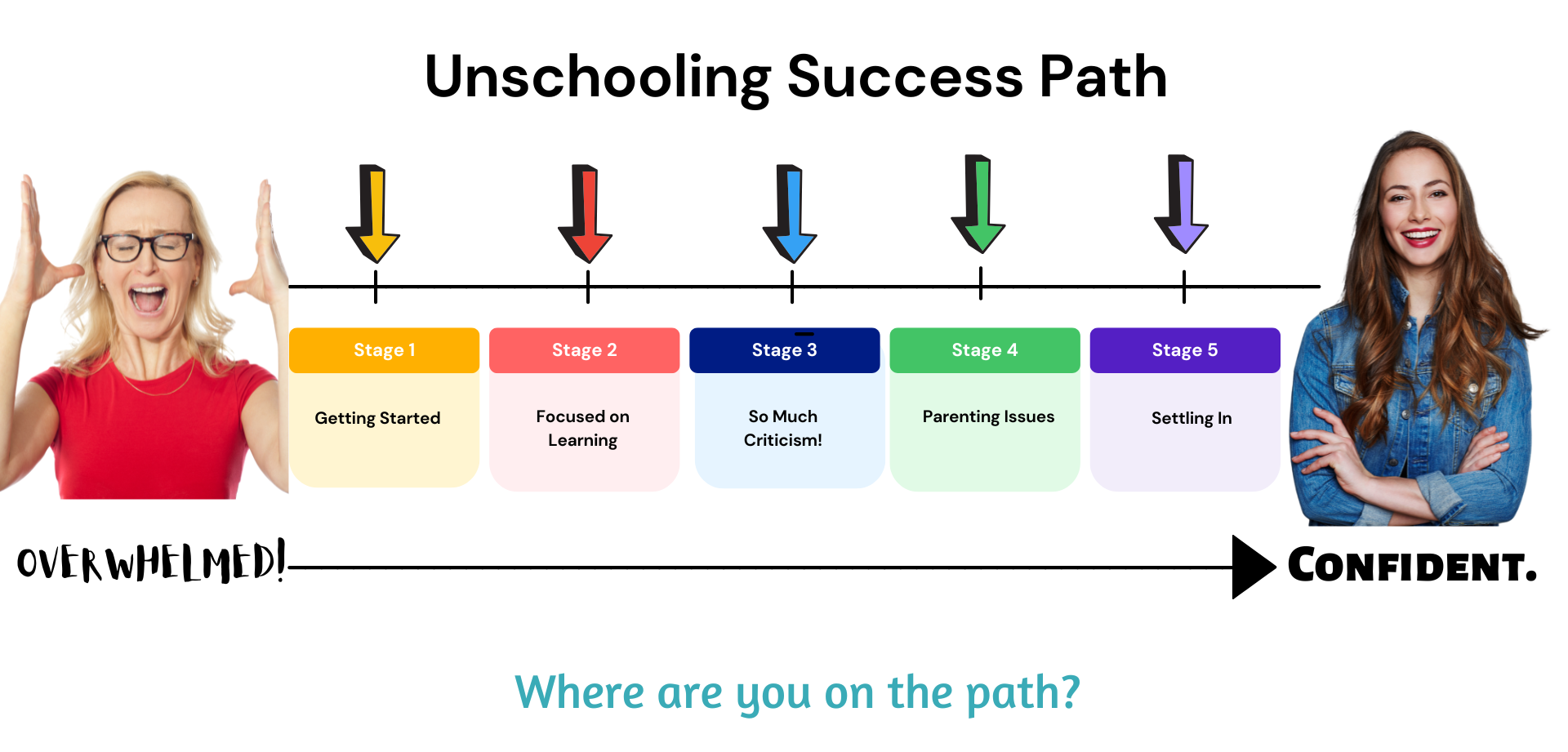Deschooling – Things Change
Guest Blogger, Susan Walker, is a life-long learner, and mother of two—a grown daughter and a teen-aged son.
She and her husband have been de-schooling and her son has been unschooling for the last four years.
Lesson 3: Things change!
In these times of a global pandemic, everyone is acutely aware that things can and do change, sometimes very quickly, and sometimes very slowly. But change is inevitable.
Situations change, people change, the world changes. And the rate of social and technological change is accelerating.
So why is it that we often have such a hard time with this concept when we are deschooling?
Deschooling itself is a process of change—changing the way we think about and judge ourselves, our children, learning, and more. It is a change in ourselves, and changing ourselves requires concerted effort and practice. My old, automatic, standby ways of being and doing jump back in when I least expect them, warning me in loud, screaming voices that the old way is the safe way, that I shouldn’t change. So there’s that.
But focusing on my interactions with my children, I believe I struggled with two aspects of change:
1) things HAVE changed; and 2) things WILL change.
Things have changed
We all have a blueprint based on our own experience for what childhood and parenthood look like or should look. If your own childhood was difficult or unhappy, perhaps you go into parenthood knowing that you want a different childhood for your children. But it is common to feel that we need to recreate whatever it was that made our childhood happy, or the happy parts of an otherwise unhappy childhood, in order for our children to be happy in the present. When I saw my children doing things very differently, I would often worry about what they were missing out on, and think they should be doing the same things I did that made me happy! Or I was tempted to think that they need to learn exactly what I did, because I was taught that learning this particular set of knowledge was so important to our futures.
But in reality, the world has changed since even the youngest parent was a child. Children today have all sorts of resources and possibilities that we didn’t have in our childhoods, so the best way for them to be happy is to find their own experiences in this new and different world. The education we received may or may not have been as critical as we were led to believe at the time, but we have no way of knowing exactly what our children will need to know in the rapidly changing future, and surely not everyone needs to know the exact same things.
As an older parent raising my children in a different country than the one I grew up in, this idea that my children’s childhood would be different than mine was pretty obvious. It was clear that my children’s reality was very different from the one I grew up in. But I still sometimes fell into the worry-trap about what they were missing out on that I had enjoyed.
Such vast differences between generations in how we live and experience childhood are very new in human history, so maybe that is why it is often difficult for us to truly accept. My parents’ childhoods were pretty similar to what their own parents’ had been, but the change between their childhoods (without TV or indoor plumbing, they both remembered when they got electricity and cars) and mine, even though I grew up just a couple of hundred miles away from where they had, was enormous. And the change between my childhood and my children’s has been even greater.
I certainly share things I loved from my childhood—foods, stories, books, games, traditions—and my kids have enjoyed some of them but not all. At the same time, they have opened new, interesting and exciting worlds to my husband and me. They have been our guides through this fascinating, ever-changing world.
Things will change
I have found that looking into the future and accepting that things WILL change, I will change, and my children WILL change has been surprisingly more difficult for me. Even though I had seen my first child into adolescence by the time my second came along, and I have seen her grow and change, I still sometimes despair over something my son is doing and lose sight of the fact that he can and probably will change tomorrow, next year, or some time in the future. It’s just who he is and what is going on with him right now.
Whenever I catch myself using the words “never” or “always”, and thinking or saying things like, “He will NEVER eat anything but bread...” or “He ALWAYS leaves his things lying around...”, or “He will NEVER be able to do that on his own”, I realize that I am falling into the worry-trap of thinking that nothing ever changes.
Sue’s Creating Confidence support group really helped me with this one. Over and over she would say to me or to others who were expressing their worries about something their child was doing that it wasn’t necessarily going to be that way forever. It was just now. And I needed to hear it over, and over, and over...
Understanding this takes so much weight off the behavior or whatever you are worried about. When you relax and let things unfold and let your child unfold, they do! Or maybe there is something they don’t change, that is an integral part of who they are. But change or not doesn’t matter, because there is always the possibility that it WILL change, and in the meantime, you take away that scary voice in your head telling you that what they are doing is going to ruin their health forever, or make them unsuccessful as an adult.
Susan said this...
"The best thing about this coaching experience is Sue! She is caring, down-to-earth, thoughtful, kind, and insightful! Talking through my own concerns and listening to others do the same, Sue gently invited us to frame those situations differently, from an unschooling perspective, and question our assumptions coming from our traditional or mainstream parenting and schooling backgrounds. My experience with the group really lived up to the name, Creating Confidence! Slowly, after week after week of participating and listening to these conversations in the weekly calls and on the FB page, and with the wonderful support materials that Sue wrote and provided for us, the unschooling perspective began to be second nature to me and my family is loving our unschooling life."
I thing the ultimate lesson that understanding that “things change” has for me is that it makes it okay to just be and enjoy here and now to the fullest. When I don’t worry about recreating the past or trying to ensure a certain future outcome, my son and I can delight in and get the most out of every moment together. NOW. And this creates an environment that is good for growing, learning, and blossoming.
* * *
In the next, final post in this series about my own deschooling lessons, I will talk about the most basic lesson I have learned, the root of it all.
Susan Walker shares her thoughts about deschooling in this 4-part Series:
DESCHOOLING LESSONS
If you've missed the earlier installments, I've included them here for you:
Ready to Dive Into Deschooling?
I have so much collected for you on the topic of Deschooling! Instead of searching around the internet for useful pieces of information, grab this Unschooling Guide and I'll walk you through it all!
Included in this 20-page Mini-Magazine:
- Practical solutions for issues that arise in your home during deschooling
- How to cope with community criticism
- How to tackle your own concerns
- Looking back on your own school experiences and how they affect you today
- Deschooling tips about learning, parenting, and the kids
- Strategies for connecting more with the children as they deschool
- Journaling prompts to dive deeper
- Even an "Unschooling Curriculum!"
DON'T SKIP PAST THIS DESCHOOLING PHASE!
